- About
- Why ‘Town
- Admission
- Lower School
- Middle School
- Upper School
- Lighting The Way
- Academic Calendar
- Athletics
- Arts
- MyWesttown
- Photos
- Support Westtown
- Alums
Westtown School is a dynamic educational community. Throughout our history, we have evolved to better support each new generation of young learners and prepare them for leadership of a more just, equitable, and peaceful future. Lighting the Way, our long-range strategic vision, captures the essentials of Westtown’s history, while highlighting three bold priorities for the years to come. Our vision builds on fundamental ideals of Friends education, centuries of spirit-led learning and growth, and our core Quaker calling to seek out and honor that of God in every person. Lighting the Way describes how we will further illuminate three vital parts of the Westtown experience: knowledge, community, and environment.
Read on to learn more; you also can find a single-page summary of Lighting the Way here.
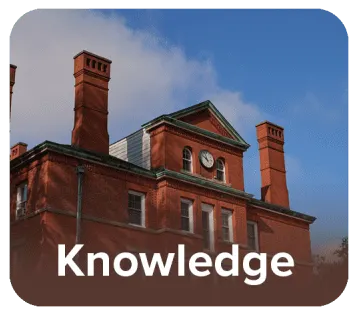
To ensure that today’s Westtown students will flourish in a world marked by technological and social change, we will direct our exceptional academic program, robust co-curricular opportunities, and life-changing residential program toward the skills they will need to navigate the future, while grounding them in Quaker values and spiritual discernment.
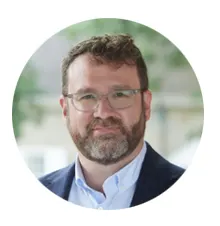
We will inspire learning in simple, accessible, high-quality, innovative spaces, which together create a harmonious campus aesthetic, through a balance of renewal, renovation, and new building.
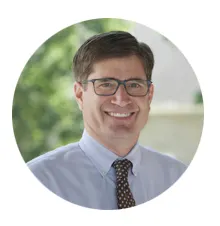
We will dramatically increase diversity in each division in terms of race, ethnicity, socioeconomic status, and other facets of personal identity.
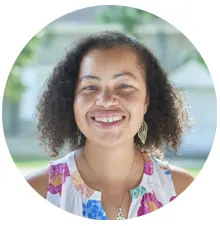
We will cultivate positive racial identity, allyship, and cultural competency, raise awareness of unconscious bias, mitigate the detrimental effects of privilege, and work towards dismantling structural racism.
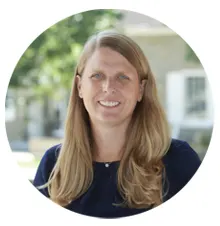
We will pursue carbon-neutrality in our campus operations.
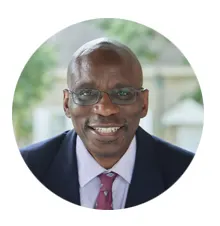
We will maximize access to Westtown by expanding our ability to enroll students without regard to their financial capacity through robust philanthropy and auxiliary revenue.
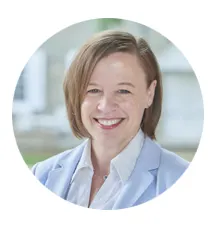
We will seek mission-aligned and environmentally-sensitive ways of generating auxiliary revenue while minimizing the impact on our student community.
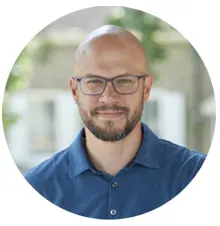
We will show students how to use technology mindfully, so that they develop positive self-images, healthy relationships, and strong community ties.
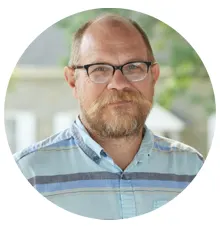
We will enhance the connections between our program and our open land, forests, lake, and creek.
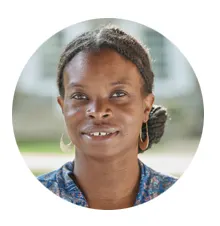
We will help students hone the essential skills of critical thinking, communication, and empathy, and empower them to draw out those skills in other people.
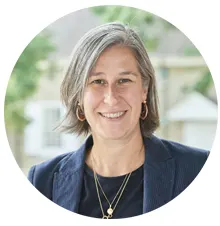
We will challenge students to develop the tools and ethical foundation needed to build innovative solutions to the world’s most pressing problems.
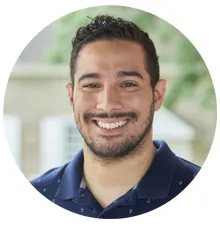
We will teach students to be informed, effective participants in civil discourse.
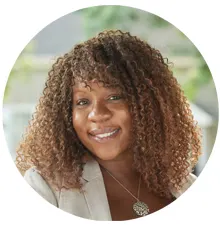
We will engage all Westonians in the work of creating a supportive environment for students, especially those from marginalized identity groups.
Following the completion of the school’s previous Strategic Plan — The World Needs More Westonians — at the end of 2018, Westtown initiated a careful and collaborative process to discern our strategic priorities for the coming years. The school engaged a group of Trustees and administrators to serve as the Strategic Vision Team. The result is the school’s new Strategic Vision. Over the course of 12 months they: held brainstorming sessions with faculty, staff, administrators, and trustees; identified prominent themes; distilled ideas and feedback into content; and determined criteria to ensure ongoing support of the Vision. Approved by the Board of Trustees in early 2020 and updated in 2023, this brief, bold document lifts up our excellent, future-oriented academic program, our work in diversity, equity, and inclusion, and our stewardship of our beloved 600-acre campus.